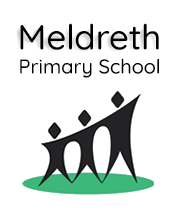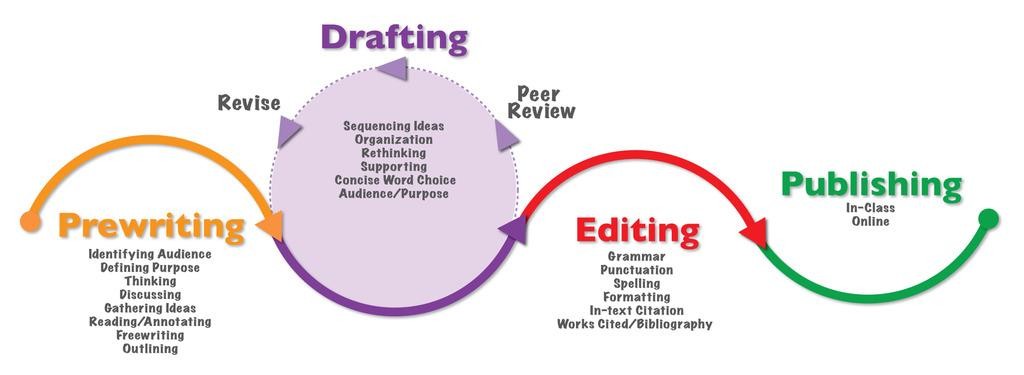At Meldreth, we aim for children to be able to express themselves effectively through both spoken and written words; children should grow as proficient communicators, who are able to adapt their writing for a wide range of purposes and audiences. We want to instil an enjoyment of language, by enabling them to explore its patterns, structures and origins, allowing them to understand and make controlled writing choices to impact the reader.
Our English curriculum is carefully mapped to ensure that all children have the opportunity to write across a range of text types which include a balance of fiction, non-fiction and poetry (which includes text types as broad as adventure narratives, to explanation texts, to formal speeches, to nonsense poems and much more). Units of work are based around high quality, engaging stimuli, and often link to the themed learning to allow children to make links in their learning and write across the curriculum. English Medium Term Plans ensure effective coverage and progression of text types.
Grammar coverage for each year group is made explicit to teachers and the teaching is interwoven throughout the writing units so that children can understand its purpose in a context and use it in a controlled and creative manner.
Within each unit of work, teachers follow a clear sequence as a foundation for the learning process. They begin with test familiarisation, followed by capturing ideas and oral rehearsal. They then model and share writing before children write independently. Vocabulary development is a key feature of each unit and children are supported with this through the use of text-rich learning environments. Children are given frequent opportunities to edit, proofread and redraft their writing. In addition to this, speaking and listening opportunities are provided throughout all units of work to allow children to develop their oracy skills.
Our Foundation Stage children are involved in varied activities to develop essential pre-writing skills in line with the Early Learning Goals; there is much focus on developing gross and fine motor skills and strengthening muscles in the arms and fingers. We use ‘Dough Disco’ and many playdough activities to increase muscle strength. Children are also introduced to the individual graphemes (letter shapes) and rigorously taught correct formation, from the very beginning of their time in school. From the time that children are ready, they are taught to sit with a good posture and are taught to hold a pencil with the correct grip.
As children progress through school, there is an increasing focus on fluency, consistency and speed, with children earning a pen license once their handwriting is accepted to be of a good standard and staff are clear that our expectations for presentation have been met.

